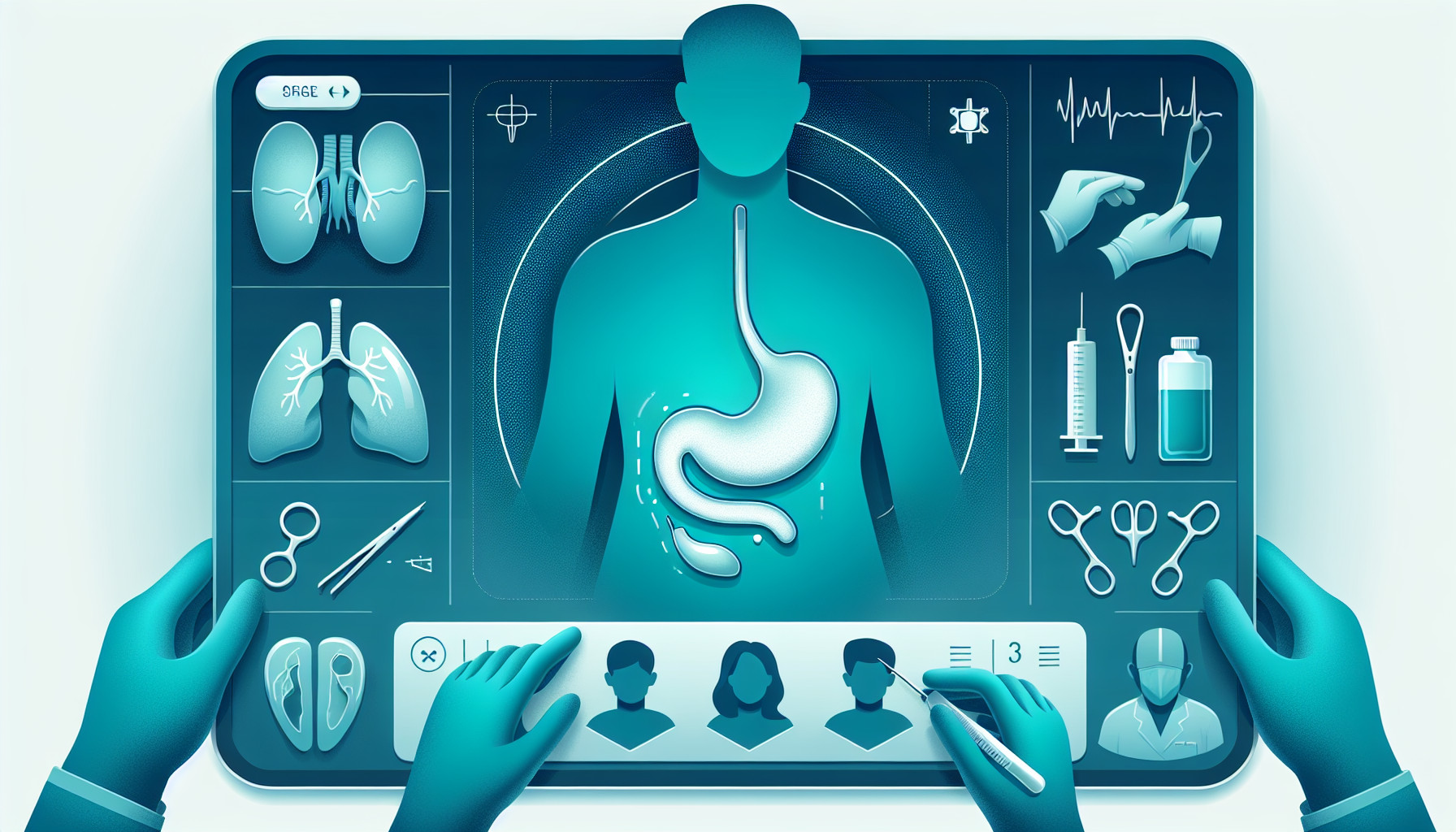Our Summary
This research paper is about a study that looked at the relationship between a surgeon’s experience and their use of a specific surgical technique called Laparoscopic Subtotal Cholecystectomy (SC). This technique is used when there is a lot of inflammation that makes it hard to see the area that needs to be operated on. The researchers looked at data from 1,222 of these surgeries performed between 2017 and 2021.
They found that the number of times a surgeon used this technique did not decrease with more years of experience. In other words, whether the surgeon was a newbie or a veteran did not change how often they used this technique. This remained the same even when they compared surgeons in their first year to those who had more experience.
The authors suggest that these findings show consistency among surgeons, which aligns with best practice guidelines. However, they also note that this could be influenced by less experienced surgeons asking for help during tough operations. They suggest further research to understand the factors that influence these decisions.
FAQs
- What is the Laparoscopic Subtotal Cholecystectomy (SC) technique and when is it used?
- Did the study find a correlation between a surgeon’s experience and their use of the Laparoscopic Subtotal Cholecystectomy (SC) technique?
- What are the implications of the study’s findings regarding consistency among surgeons in using the Laparoscopic Subtotal Cholecystectomy (SC) technique?
Doctor’s Tip
One helpful tip a doctor might tell a patient about cholecystectomy is to discuss the surgical technique that will be used during the procedure. This can help the patient understand what to expect and feel more informed about their surgery. It’s also important for patients to ask their surgeon about their experience with the specific technique being used, as this can impact the success of the surgery.
Suitable For
Patients who are typically recommended cholecystectomy, or the surgical removal of the gallbladder, include those with symptomatic gallstones, acute cholecystitis (inflammation of the gallbladder), choledocholithiasis (stones in the common bile duct), gallbladder polyps, gallbladder cancer, or biliary dyskinesia (gallbladder dysfunction). Cholecystectomy may also be recommended for patients with recurrent episodes of biliary colic or pancreatitis related to gallstones.
In the study discussed above, Laparoscopic Subtotal Cholecystectomy was specifically used for cases where there was significant inflammation making it difficult to safely perform a traditional cholecystectomy. This technique involves removing part of the gallbladder while leaving the remaining portion in place, and it is typically used in complex cases where the anatomy is distorted due to inflammation.
Overall, the decision to recommend cholecystectomy to a patient is based on their individual medical history, symptoms, and imaging findings. It is important for patients to discuss the risks and benefits of the procedure with their healthcare provider to determine the best course of action for their specific situation.
Timeline
Before cholecystectomy:
- Patient experiences symptoms such as abdominal pain, nausea, vomiting, and bloating
- Patient undergoes various tests such as ultrasound, CT scan, and blood work to diagnose gallbladder issues
- Patient may be prescribed medications to manage symptoms and advised to follow a specific diet
After cholecystectomy:
- Patient undergoes surgery to remove the gallbladder either through traditional open surgery or laparoscopic surgery
- Patient stays in the hospital for a few days for recovery and monitoring
- Patient may experience pain, discomfort, and fatigue post-surgery
- Patient is advised to follow a specific diet and avoid fatty foods to prevent digestive issues
- Patient gradually resumes normal activities and may experience improved symptoms such as relief from abdominal pain and nausea
What to Ask Your Doctor
What are the potential risks and complications associated with a cholecystectomy?
Are there any alternative treatment options to cholecystectomy that I should consider?
How experienced are you in performing cholecystectomies, specifically Laparoscopic Subtotal Cholecystectomy?
Can you explain the specific technique you plan to use for my cholecystectomy and why you have chosen that technique?
What is the expected recovery time and post-operative care plan for a cholecystectomy?
How many cholecystectomies have you performed in your career, and what is your success rate?
Are there any factors in my case that may make the surgery more challenging or increase the risk of complications?
Will I need to make any lifestyle changes or follow a special diet after the cholecystectomy?
What should I do if I experience any unexpected symptoms or complications after the surgery?
Are there any specific questions or concerns I should discuss with a specialist or seek a second opinion on before proceeding with the cholecystectomy?
Reference
Authors: Smith MC, Nordness MF, Fogel J, Streams JR, Dennis BM, Gunter OL. Journal: Am Surg. 2023 Jul;89(7):3339-3342. doi: 10.1177/00031348231157859. Epub 2023 Feb 17. PMID: 36802977
